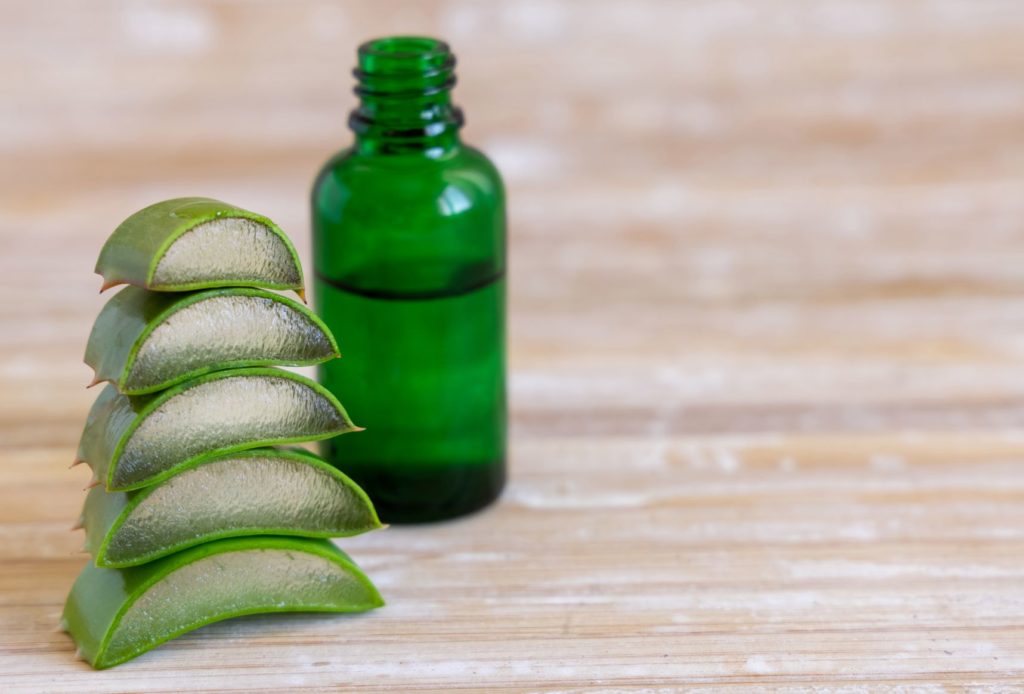Are you interested in starting your own private label brand but don’t know where to start? With sales of private personal label products rising year after year, there’s never been a better time to get in on the business. Best of all, starting your brand is a relatively simple process.
Private label products are manufacturer-sold products that you, as a seller, can package with your branding and market yourself. At Aloe Laboratories, we sell bulk aloe products to sellers operating their private brands, allowing them to profit from high-quality aloe vera in their own boutique offerings.
Today, we’re going to take a look at our top 4 tips for creating your private label brand.
Tip #1: Know What You’re Paying For
Before you jump into creating your brand, you need to understand the associated costs. In general, you’ll need to pay for manufacturing services, marketing efforts, and brand design. However, you can break down each of these categories further.
Manufacturing costs pertain to the creation of the product itself and its packaging. You’re paying for both the materials and the labor as well. As an aloe vera manufacturer with private branding services, we also produce packaging to your specifications. However, not every manufacturer will, so it’s essential to make inquiries first.
When it comes to marketing, expenses vary wildly depending on where and how you advertise. Large-scale strategies can get your product notice but come at a steeper price. Marketing strategists can help you find the plan that will work best for your goals.
Branding costs are pretty straightforward. Regardless of how big your operation is, you’ll need to spend money on graphic design to create logos and packaging. However, if you choose to scale up, you may want to start spending on different advertising areas, such as web pages. For first-time sellers, we recommend starting small before expanding and relying on a professional graphic designer.
Tip #2: Study Your Niche
Given the investment that you’re making in your brand, you must take time to study it. To be successful, you should understand who your audience is, what they buy, and where they buy it. One way to do this is to search for your competitors and see where they are succeeding.
Of course, you shouldn’t try to copy someone’s success note for note if you want to be competitive. Instead, you should find areas of your target market that are under-represented. For example, if you’re going to sell organic aloe vera products, what specific products are popular? Which ones saturate your market, and which ones are under-represented?
If you can see hundreds or even thousands of other brands selling aloe vera gel, you’ll have difficulty carving out a spot for yourself. However, if you discover fewer brands selling aloe vera juice and aloe vera powder, it will be easier to establish yourself in the marketplace by selling those items.
Tip #3: Know What To Look for in a Supplier
Generally speaking, there are two types of manufacturers: those who produce raw material and its associated products and those who manufacture a wide range of resale products that may not be related. While it’s essential to pick one that aligns with your branding, you should also think long-term.
If you want to sell multiple products, getting as many of them from one supplier as possible will help keep your costs low. Moreover, building a long-lasting business relationship with them could result in other benefits, like reduced prices and special orders.
You’ll also want a supplier who takes your brand as seriously as they do. If they aren’t willing to provide free samples to you or respond to all your questions, they expect you to take a risk on them. Besides being unfair, it’s just bad business. As potential partners, they should be transparent with you to both know the partnership will be mutually beneficial.
Tip #4: Set Yourself Apart
Besides specific ingredients, what sets one brand of aloe vera face moisturizer apart from the other? How can two wholly identical brands of aloe drink differentiate themselves?
Your brand is much more than graphical representations of your product: it’s a story, message, or idea you want your brand to convey. Customers look at brands when they make buying decisions for two primary reasons:
- The brand reflects their lifestyle. For example, snacks that promote an active lifestyle have added appeal to athletes.
- The brand reflects their values. Brands with missions, like those that support charitable causes, attract like-minded individuals as customers.
Both types present customers with a story, which can create another factor that sets your brand apart from competitors. Brands can effectively tell such stories through their packaging and marketing materials. In essence, the message becomes the “face” of the brand more so than the product itself.
How To Get The Best Bulk Aloe Products
The best way to ensure that you're getting the highest quality aloe gel possible is to choose a company with complete control over the manufacturing process, from growing to harvesting and processing.
At Aloe Laboratories, we maintain our own aloe vera farm and production site, allowing us to craft the most satisfactory products possible while keeping bulk and wholesale prices low. We pride ourselves on producing aloe vera gel, juice, and powder specific to each customer's needs.
If you'd like to learn more about how aloe vera gel can enhance your products, or if you have some ideas of your own, reach out to us to learn more about how we can help you make your product a reality.

